Nine Terrifying Birds That Look Just Like The Dinosaurs They’re Descended From

For a large number of animals, it’s clear they descended from dinosaurs – think of sea creatures like sharks, crabs and alligators. There’s also land animals like armadillos and iguanas. However, some of the closest matches to dinosaurs take to the sky. These birds all have something in common with the prehistoric beasts. Keep reading to learn more.
Toucan
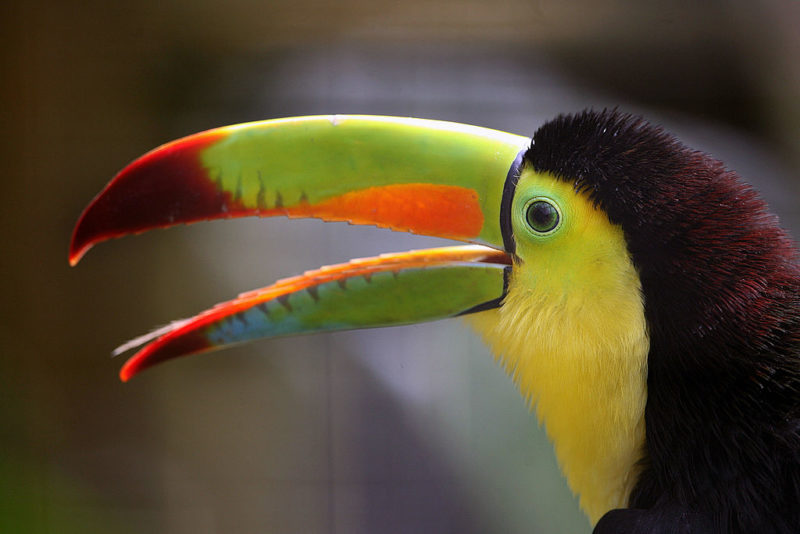
The toucan is one of the world’s most recognizable birds; Toucan Sam is the mascot for Froot Loops, while Guinness beer has featured the bird in their advertising. Toucans also have connections to dinosaurs. The raptor genus Anichorinis had a similar black and white color scheme and its serrated beak is similar to that currently sported by modern toucans.
Cassowary
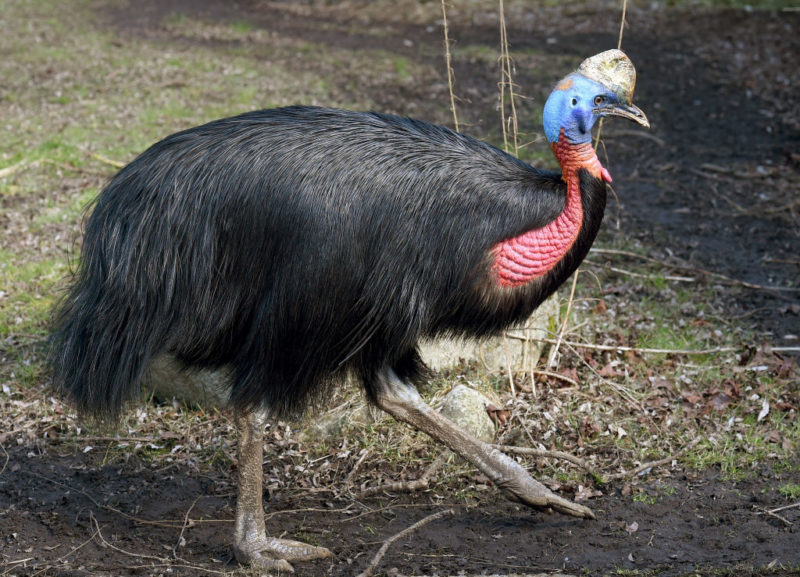
The cassowary of Australia and Papua New Guinea can’t fly. That hasn’t stopped it from earning the reputation for being the world’s most dangerous bird, due to its ability to inflict fatal injuries on humans. The last recorded cassowary-caused death occurred in 2019, when a 75-year-old Florida man came into contact with one.
The cassowary features a crest on the top of its head. This is similar to the feature seen in the Corythosaurus, a bird-like genus of dinosaur that lived during the Upper Cretaceous.
Ostrich
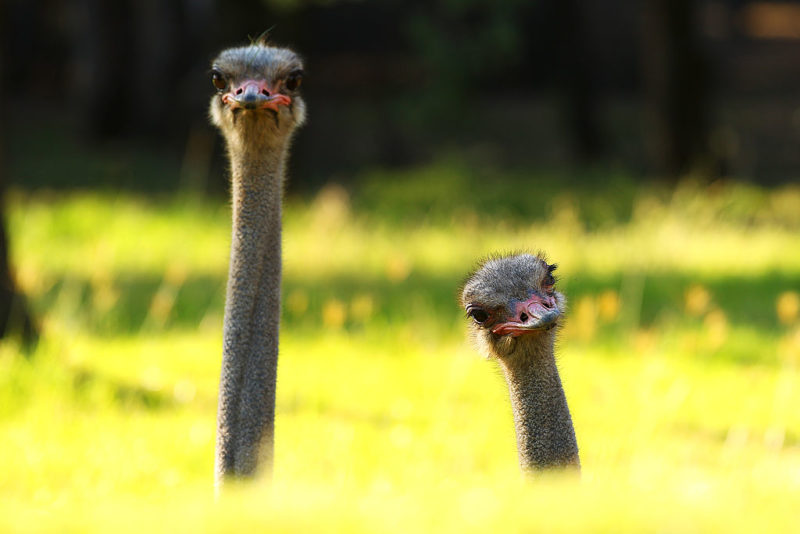
The ostrich has always seemed like a strange bird. Found in Africa, this flightless animal is known for being both the tallest and heaviest bird in the world. The ostrich’s look is reminiscent of a prehistoric beast. The Ornithomimosauria are the bird’s closest match, with their long necks and bird-like movements.
Great Blue Heron
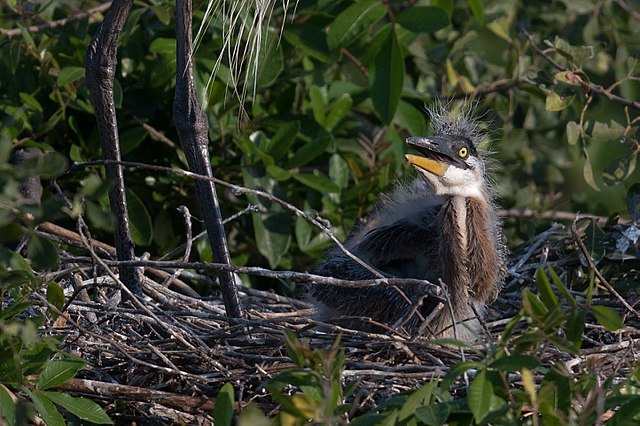
The great blue heron is considered the largest of the heron species living in North America. Its distinct shape – long legs, long neck and bill – make it easily recognizable, with some even comparing its features to those of prehistoric dinosaurs. They aren’t totally wrong, as the bird’s three-toed feet are inherited from its Velociraptor ancestors.
Eagle
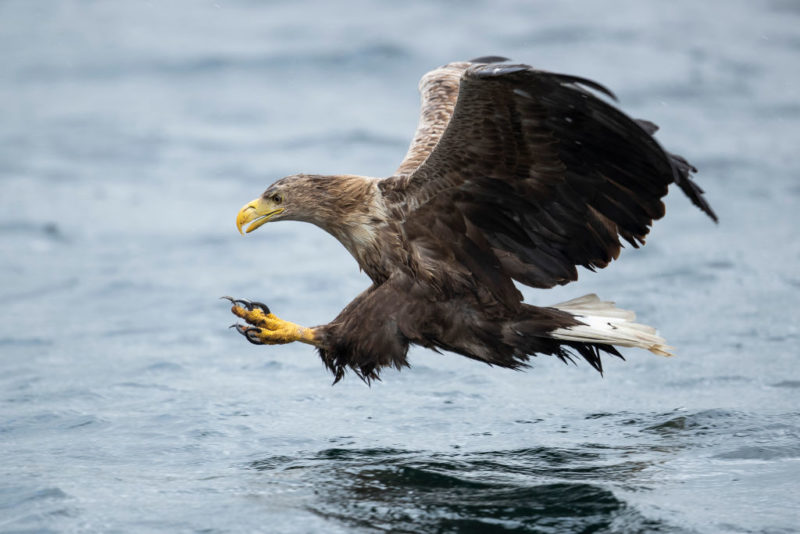
The eagle, a massive bird of prey, has long been one of the sky’s most admired and fiercest birds. This is especially true in the United States, where it’s a symbol of the country. The hunter shares a number of similarities with prehistoric raptors, including small, beady eyes; sharp talons; and a hooked beak.
Pelicans
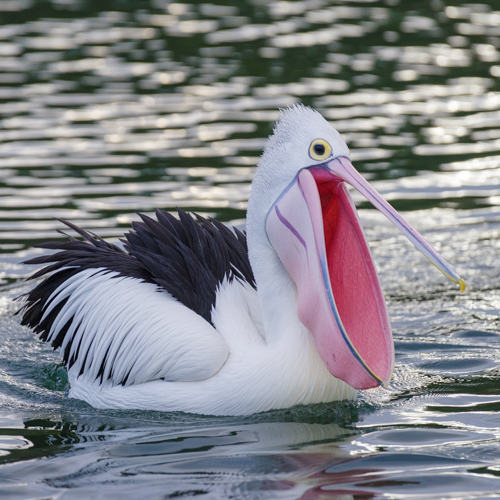
Pelicans are another popular and unique bird. Their most striking feature is their throat pouch, which is used to aid them in catching fish and draining any excess water. The pouch was an evolutionary trait it never lost. Researchers have found prehistoric birds that also shared the same one found on the pelican.
Chicken
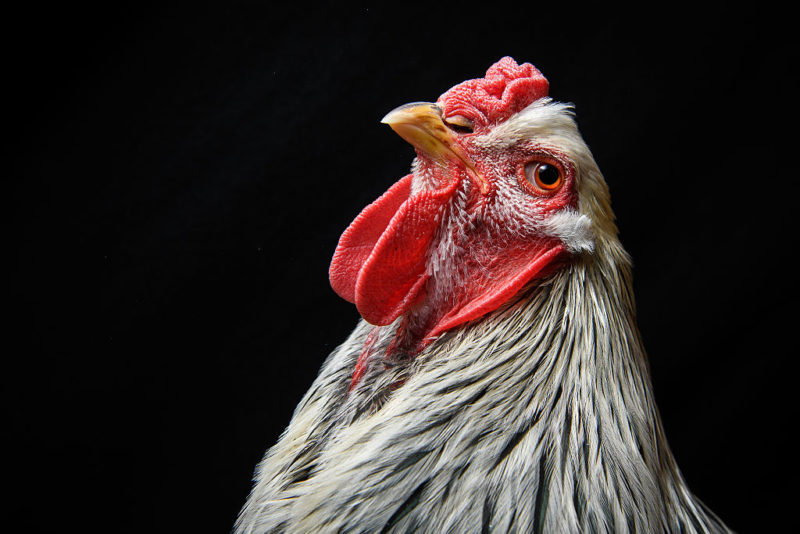
Chickens are found pretty much everywhere and don’t appear to be all that fierce. That’s why it surprised researchers when they saw the results of a DNA test performed to discover the modern-day descendants of the mighty Tyrannosaurus rex. The closest match was the humble chicken. Another bird featured on this list, the ostrich, was also found to be a close relation.
Sandhill Crane
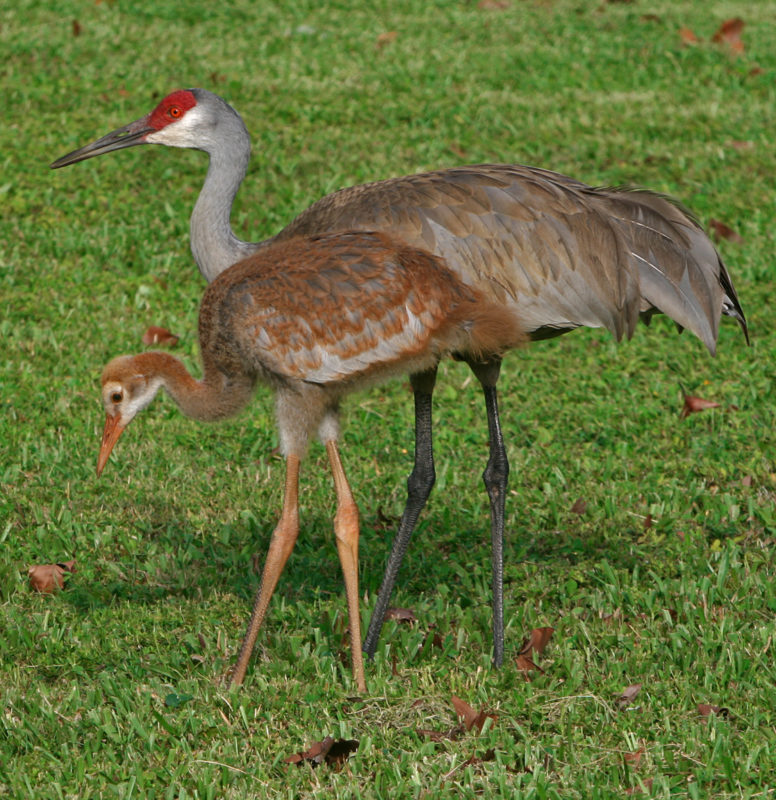
The sandhill crane can be found all over North America and even in Siberia. They are of a larger size, growing up to 4.6 feet tall, with a 6.5-foot wingspan.
The sandhill crane does nothing fast, walking very deliberately. This reminds many of a prehistoric-type bird. Researchers in Nebraska recently found a fossil that resembles a near-perfect copy of the sandhill crane, which dates back 2.5 million years. Similarly, a 10 million-year-old fossil of the bird’s prehistoric relative has also been found in the state.
Shoebill
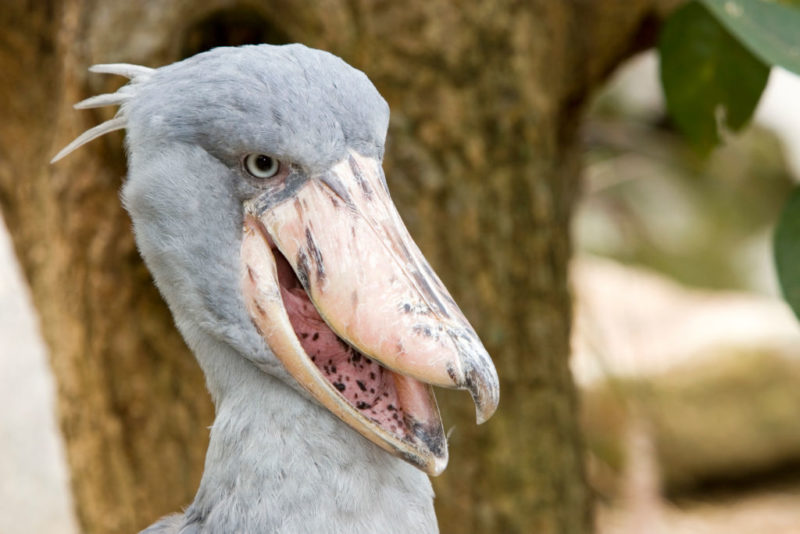
The shoebill may be the most ferocious bird in modern existence. How ferocious, you ask? The species, found primarily in East Africa, has been known to eat monitor lizards and baby crocodiles.
More from us: Careful! These Cute Animals Will Actually Kill You
The shoebill shares plenty in common with its prehistoric ancestors. Researchers say the hook at the end of its bill is similar to the one found on the Velociraptor.
